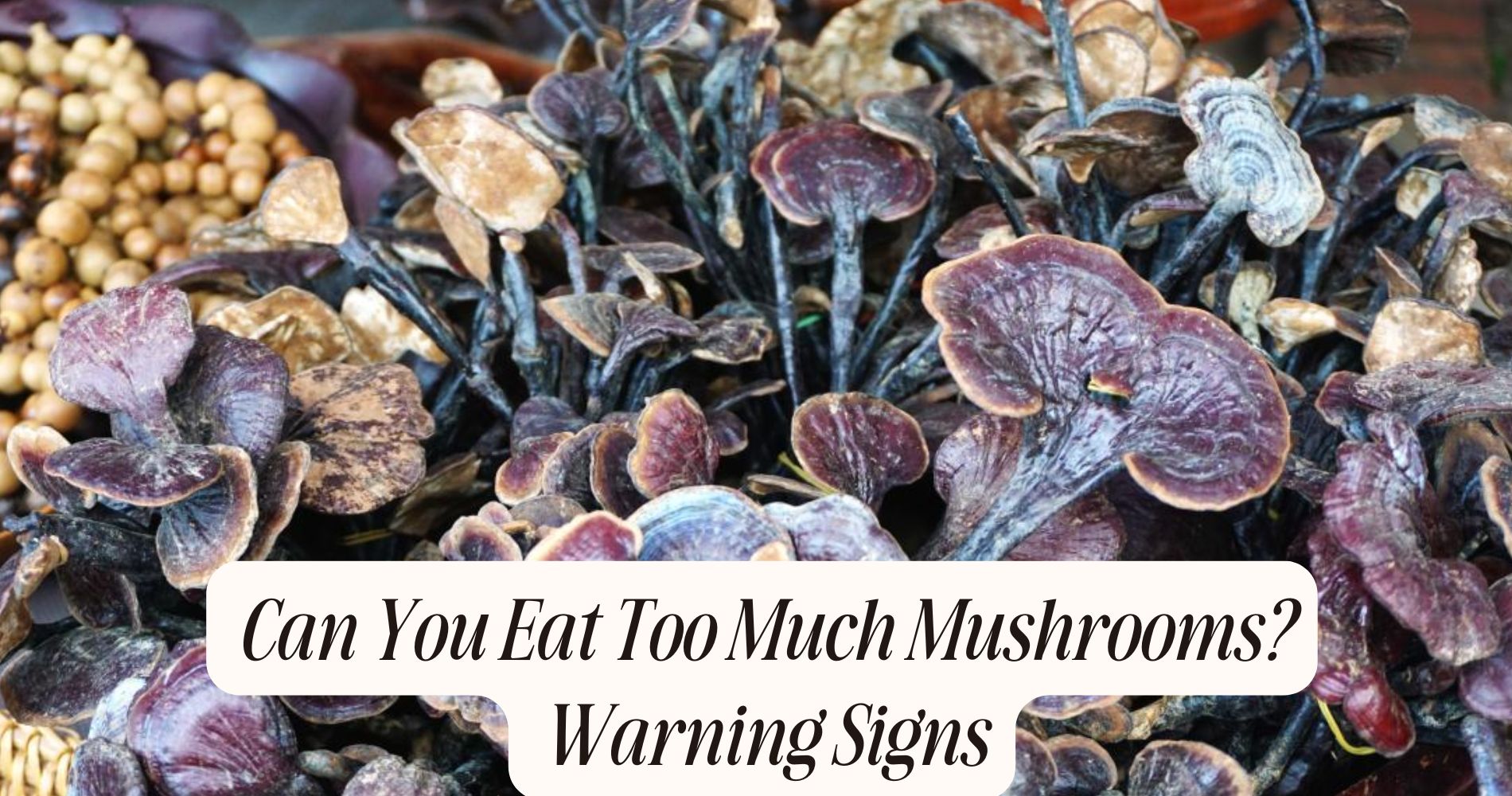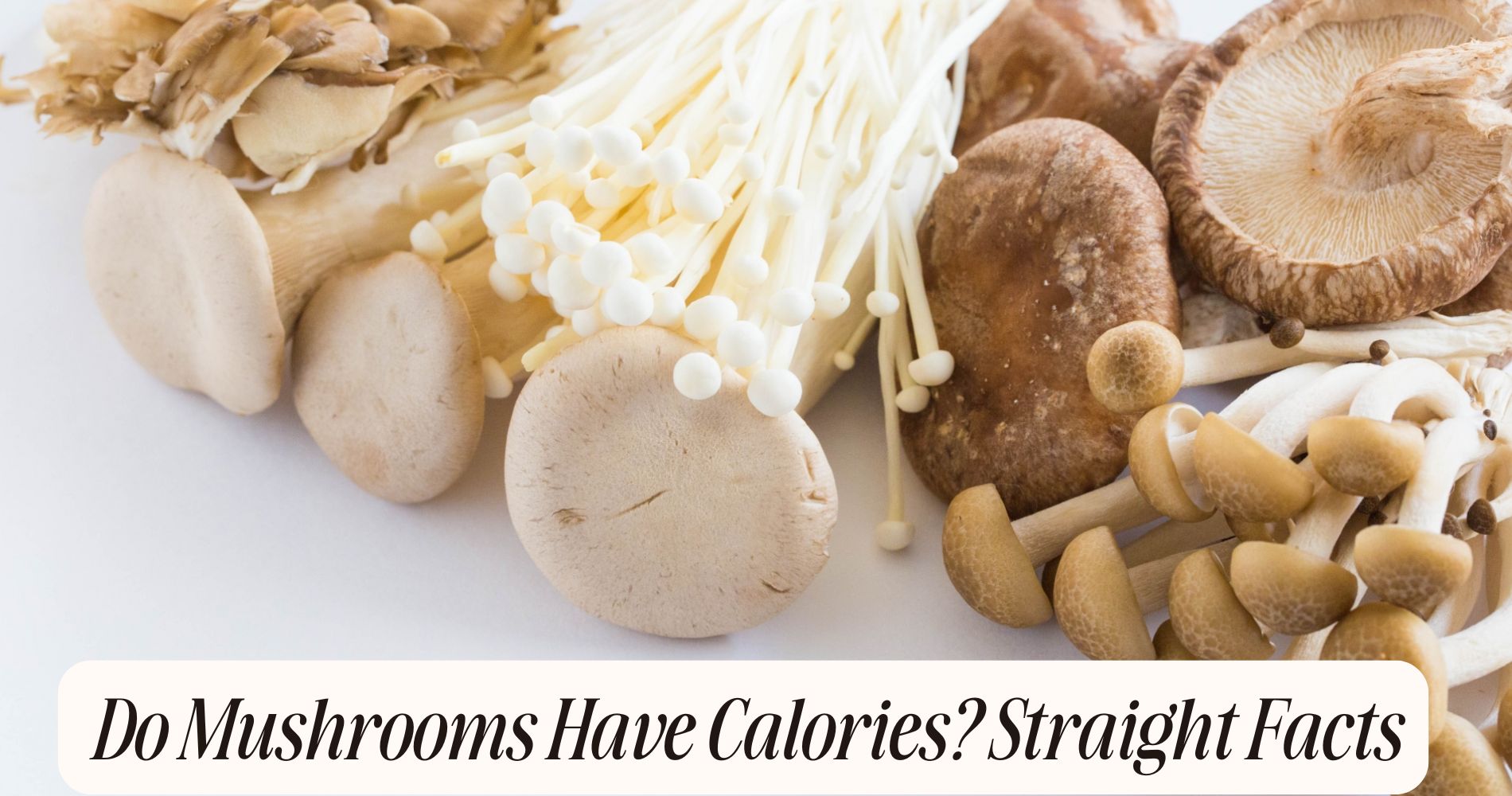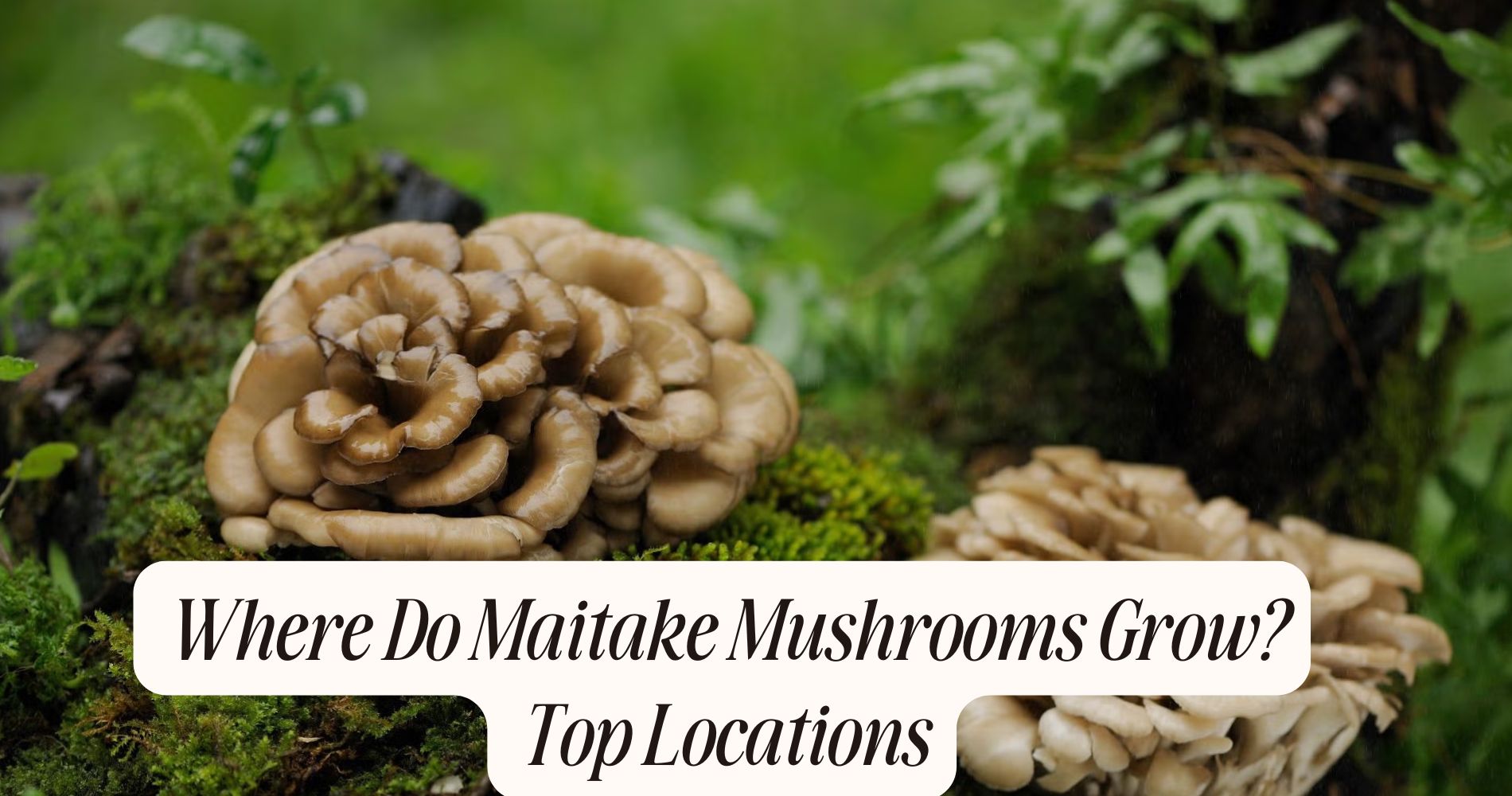
Can You Eat Too Much Mushrooms? Warning Signs
Can you eat too much mushrooms? You can eat too many mushrooms—your body might warn you with bloating, gas, diarrhea, itching, swelling, or even mild fatigue. While mushrooms are nutritious, overdoing it, especially with wild types, risks digestive upset and rare toxin buildup. Allergic reactions, like rashes or trouble breathing, can also happen in sensitive people. Moderation is key, and listening to your body's signals helps you stay safe. Curious about warning signs or keeping mushrooms a safe part of your diet? More insights await just ahead.
Nutritional Benefits of Mushrooms
Although mushrooms might seem like a simple addition to your plate, they pack a surprising nutritional punch. When you enjoy mushrooms, you’re getting a low-calorie food that’s rich in B vitamins, selenium, copper, and antioxidants.
Thanks to advances in mushroom cultivation, you can easily find varieties like cremini, shiitake, and oyster mushrooms in most grocery stores, each offering distinct flavors and nutrients.

Mushrooms’ culinary versatility means you can add them to salads, stir-fries, soups, or even use them as a meat substitute.
They contain compounds like beta-glucans that support immune health and may help manage cholesterol.
While mushrooms are a nutritious choice, it’s important to eat a diverse diet to make sure you get all the nutrients your body needs.
How Much Is Too Much?
So, how many mushrooms is too many? For most people, eating a moderate amount—say, up to one cup of cooked mushrooms per meal—is safe and healthy.
However, if you’re into mushroom foraging, you need to be extra careful. Wild mushroom risks are real, as some varieties contain toxins, even in small amounts, that can be harmful or even deadly.
Even edible mushrooms can cause trouble if you eat excessive amounts because they’re high in fiber and certain compounds your body may not handle well in large doses.
While there’s no official daily maximum, balance is key. Stick to reasonable portions and always be certain of what you’re eating, especially if you’re picking mushrooms yourself.
Moderation keeps you safe and healthy.
Digestive Issues Linked to Overconsumption
If you eat too many mushrooms, you might notice digestive discomfort such as bloating, gas, or even diarrhea. Mushrooms are rich in fiber, particularly chitin, which your digestive system can struggle to break down in large quantities. Overconsumption can overwhelm your gut, leading to these symptoms.
This risk increases if you enjoy wild mushroom foraging, since some wild varieties may contain compounds that are harder to digest or mildly irritating to your stomach.

Improper mushroom preservation techniques—like inadequate drying, pickling, or storage—can also introduce bacteria or toxins, worsening digestive issues.
Most people can enjoy moderate amounts of mushrooms without problems, but it’s important to listen to your body and pay attention to portion sizes and preparation methods to minimize digestive discomfort.
Allergic Reactions and Sensitivities
While digestive discomfort is a common response to eating too many mushrooms, some people may experience more immediate and pronounced effects due to allergies or sensitivities.
If you have pollen allergies, you’re at a higher risk for mushroom-related allergic reactions because some proteins in mushrooms are similar to those in pollen. Symptoms can include itching, swelling of the lips or throat, or even respiratory issues.
Skin sensitivities may also occur, leading to rashes or hives after contact or ingestion. These reactions can happen even with small amounts of mushrooms, so it’s important to pay attention to your body’s signals.
If you notice any allergic symptoms after eating mushrooms, stop consuming them and consult a healthcare professional for guidance on managing your risk.
Potential Toxin Build-Up
Although mushrooms are generally safe to eat in moderation, consuming them in excessive amounts can raise concerns about potential toxin build-up. While most culinary mushrooms are non-toxic, some species naturally contain trace levels of compounds your body can't easily break down.
Eating large quantities increases the risk of toxin accumulation, especially if you consume wild varieties that are easily confused with poisonous varieties. Even small amounts of toxins, when eaten frequently, may gradually accumulate and potentially affect your liver or kidneys.
Symptoms of low-level toxin build-up can include fatigue, digestive upset, or mild neurological issues. It's also important to remember that improper storage or preparation can increase the risk of harmful bacteria or mold.
To minimize risk, stick to known edible mushrooms in reasonable portions.
Interactions With Medications
Because mushrooms contain bioactive compounds that can influence the way your body processes certain drugs, it’s important to contemplate possible interactions if you take medication regularly.
Some varieties, such as shiitake and maitake, may alter how your liver breaks down medications. This can lead to either increased or decreased drug levels in your bloodstream, which affects how well your treatment works.

For example, certain mushrooms could interact with blood thinners, diabetes medications, or immunosuppressants.
When you consume mushrooms in large amounts, the risk of medication interactions may rise. That’s why dosage considerations matter—not just for your prescription, but for your mushroom intake, too.
If you’re on medication, consult your healthcare provider before making significant changes to your diet, especially with foods containing active compounds like mushrooms.
Warning Signs Your Body May Show
Alongside possible interactions with medications, it's important to pay attention to how your body reacts when you consume large amounts of mushrooms. While most edible mushrooms are safe, overeating them can sometimes lead to digestive discomfort like bloating, gas, or diarrhea.
If you notice nausea, vomiting, abdominal pain, or confusion, these could signal mushroom poisoning—especially if you’ve eaten wild mushrooms. Some varieties contain toxins that can accumulate in your system, causing more serious symptoms such as jaundice, rapid heartbeat, or difficulty breathing.
If you experience such warning signs, don’t ignore them. Although rare with store-bought mushrooms, toxin accumulation is a real risk with misidentified wild mushrooms. Always listen to your body’s signals and seek medical help if symptoms escalate or persist.
Tips for Safe and Healthy Enjoyment
To enjoy mushrooms safely and reap their nutritional benefits, pay attention to portion sizes and preparation methods. Limit your intake to one to two servings per meal, as consuming large amounts may cause digestive discomfort.
When trying gourmet mushroom varieties, source them from reputable suppliers or established mushroom cultivation operations to avoid contamination or misidentification. Always cook mushrooms thoroughly, since some varieties contain compounds that can cause stomach upset if eaten raw.
Wash mushrooms well to remove dirt and potential pesticides. Rotate mushroom types in your diet to diversify nutrients and minimize potential buildup of natural toxins.
If you have allergies or sensitivities, introduce new mushrooms gradually. By following these tips, you’ll maximize flavor and health benefits while minimizing any risks associated with overconsumption.
A Smarter Way to Enjoy Mushrooms Daily
Looking for a balanced and convenient way to experience the power of mushrooms without overdoing it? Meet SUPER MUSHROOM GUMMIES by Well Gummies — a delicious daily supplement packed with 10 functional mushroom varieties. Designed to fuel your brain and energize your body, these vegan gummies promote calmer energy, sharper focus, and immune support — all in a candy-like wild berry chew. No prep, no mess, and best of all: no jitters or crash. Shine all day, the smart way.
Frequently Asked Questions
Can Eating Mushrooms Help With Weight Loss?
If you eat mushrooms, you might support weight loss since they're low in calories and high in fiber. However, watch for mushroom toxins and allergy symptoms, as both can cause health issues if you aren't careful.
Are Wild Mushrooms Safe to Eat Raw?
You shouldn't eat wild mushrooms raw because many poisonous varieties look similar to edible ones. Cooking doesn't always remove toxic effects, so always identify mushrooms with an expert and avoid eating them raw to stay safe.
How Should Mushrooms Be Stored for Maximum Freshness?
To maximize mushroom storage and freshness preservation, you should keep mushrooms in a paper bag in your refrigerator. This method prevents excess moisture, which research shows helps maintain texture and reduces spoilage, keeping mushrooms fresher longer.
Do Cooking Methods Affect Mushroom Nutrient Content?
Yes, cooking techniques do affect mushroom nutrient content. You'll see some nutrition loss, especially with boiling, as vitamins leach into water. Sautéing or grilling preserves more nutrients, so choose your cooking method for maximum mushroom benefits.
Are There Vegan Substitutes for Mushrooms in Recipes?
You can use plant based alternatives like eggplant, tofu, or jackfruit as mushroom flavor substitutes in recipes. They mimic texture and absorb seasonings well, though they won’t exactly replicate mushrooms’ unique umami taste or nutrients.
Conclusion
Mushrooms offer plenty of nutritional benefits, but eating too many can lead to digestive upset, allergic reactions, and possible interactions with medications. Listen to your body—if you notice bloating, nausea, or unusual symptoms, it may be time to cut back. While mushrooms are generally safe for most people, moderation is key. By enjoying a balanced amount and watching for warning signs, you’ll get the most out of this healthy food without unwanted side effects.




